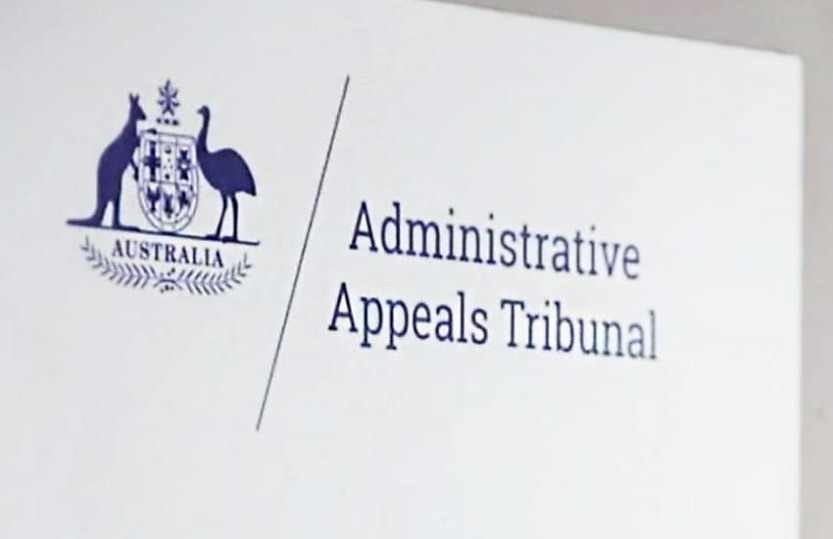AAT sets aside trustee disqualification

The Tribunal has overturned the Commissioner’s decision to disqualify an individual from acting as an SMSF trustee despite serious breaches that were made.
The Administrative Appeals Tribunal has set aside a decision by the Commissioner of Taxation to disqualify an applicant from acting as a trustee or responsible officer of a corporate trustee of a superannuation entity.
The decision in Merchant and Commissioner of Taxation [2024] AATA 1102 involving Gordon Merchant, the founder of surfwear brand Billabong, was part of a series of cases.
It follows the Federal Court decision last week which examined whether Merchant had used his family trust to engage in an asset wash sale by selling Billabong shares to his SMSF to capitalise a capital loss.
Commenting on the recent Tribunal decision, View Legal director Matthew Burgess explained that while there were clear breaches of the SISA by the SMSF, the AAT determined that Gordon Merchant shouldn’t be disqualified.
The situation triggering the disqualification was a decision by the SMSF to acquire a substantial number of a shares in Billabong with a high cost base from a discretionary trust controlled by the fund member in order to crystallise a significant capital loss for the trust, said Burgess.
Pursuant to section 126A(2) of the Superannuation (Industry) Supervision Act (SISA), the Tax Office disqualified Gordon Merchant as a director of the corporate trustee of the SMSF due to the following serious contraventions:
(i) The requirement to comply with operating standards under section 34 of the SISA, in particular to give effect to the investment strategy;
(ii) The sole purpose rule in section 62 of the SISA; and
(iii) Section 65 of the SISA, by using the resources of the SMSF to give financial assistance to a member of the fund or relatives.
“Interestingly, the Tax Office did on review consider Gordon Merchant to be a fit and proper person, despite the above breaches,” said Burgess.
While the Tribunal found that there were clear breaches of the SISA, it determined the disqualification decision should be set aside as the risk of future non-compliance was unlikely.
The Tribunal noted that while the breaches of the SISA were serious ones, they all arose from the one course of conduct, the sale of the shares.
“[It also] noted that at no time had Merchant’s advisers suggested that the improper transaction risked breaching the provisions of the SISA, and while EY had advised there were tax risks, this was not relevant to the question of disqualification,” said Burgess.
“[The Tribunal said it] was fair for the member to have thought that the transaction was lawful from a superannuation compliance perspective given it would not be expected that the SMSF's auditor would put forward a transaction which would cause breaches of the SISA.”
The AAT also determined that it did not need to place weight on protecting the investing public against the risk of re-offending.
“Having regard to his personal circumstances, Mr Merchant is only ever likely to be a director of the trustee of his own superannuation fund,” said Justice Thomas Thawley, deputy president of the AAT.
“To the extent that it is relevant, I do not believe Mr Merchant needs protecting from himself. To the extent he does, compliance with his undertakings offers sufficient protection.”
The Tribunal also noted that the Tax Office itself had concluded that Gordon Merchant was a fit and proper person.
“Ultimately, as concluded in cases such as Macalister, in the matter of an application by Macalister [2021] FCA 1455, the tribunal was satisfied that there was no useful purpose served by disqualification in the peculiar circumstances of the case,” said Burgess.
About the author

